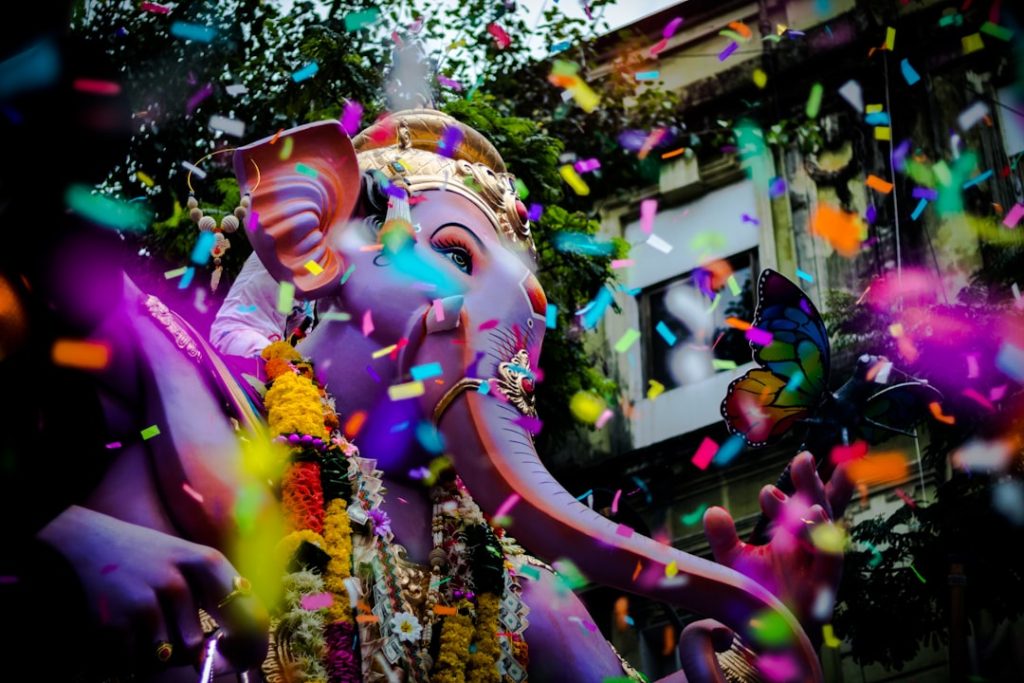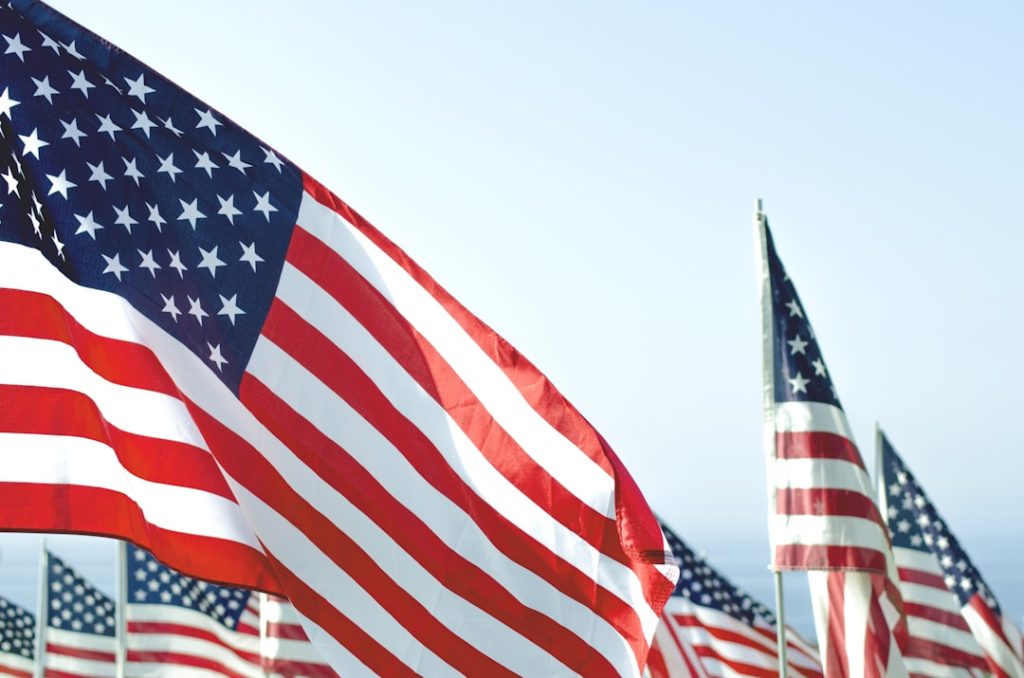Now Reading: Federal Holidays: Dates to Remember
-
01
Federal Holidays: Dates to Remember
Federal Holidays: Dates to Remember

Federal holidays in the United States serve as designated days of observance, allowing citizens to pause and reflect on significant historical events, cultural milestones, and the contributions of notable individuals. These holidays are established by law and are recognized nationwide, providing a sense of unity and shared experience among Americans. The federal government designates specific days throughout the year when federal employees are given time off, and many private businesses also choose to observe these holidays, creating a rhythm to the American calendar that is both celebratory and reflective.
The significance of federal holidays extends beyond mere time off work; they embody the values and history of the nation. Each holiday has its own unique story, often rooted in the struggles and triumphs of the American people. From commemorating the birth of influential leaders to honoring those who have sacrificed their lives for freedom, these holidays offer an opportunity for citizens to engage with their heritage and foster a sense of community.
As we delve into the specifics of each federal holiday, we will explore their origins, traditions, and the ways in which they continue to shape American society.
New Year’s Day
New Year’s Day, celebrated on January 1st, marks the beginning of the Gregorian calendar year and is one of the most widely recognized federal holidays in the United States. This day is often associated with fresh starts and new resolutions, as individuals reflect on the past year and set goals for the year ahead. The celebration typically begins on New Year’s Eve, with festivities that include parties, fireworks, and various cultural traditions.
Many people gather with family and friends to bid farewell to the old year and welcome in the new one with hope and optimism. Traditionally, New Year’s Day is a time for family gatherings and communal meals. In many cultures, specific foods are consumed to symbolize prosperity and good fortune in the coming year.
For instance, black-eyed peas are a staple in Southern cuisine, believed to bring luck when eaten on this day. Parades, such as the famous Rose Parade in Pasadena, California, showcase elaborate floats and marching bands, drawing large crowds and fostering a sense of community spirit. As people engage in these time-honored traditions, New Year’s Day serves as a reminder of the importance of renewal and the collective aspirations that bind society together.
Martin Luther King Jr. Day is observed on the third Monday of January each year, honoring the legacy of one of America’s most influential civil rights leaders. This federal holiday was established to commemorate King’s tireless efforts in advocating for racial equality and social justice during a tumultuous period in American history.
His commitment to nonviolent protest and his powerful speeches, particularly his iconic “I Have a Dream” address, continue to inspire generations in their pursuit of justice and equality. The observance of Martin Luther King Jr. Day often includes community service projects, educational programs, and events that promote awareness of civil rights issues.
Many Americans take this day as an opportunity to give back to their communities through volunteer work, reflecting King’s belief in the importance of service to others. Schools and organizations frequently host discussions and activities that highlight King’s teachings and the ongoing struggle for civil rights. By engaging in these acts of service and reflection, individuals honor King’s legacy while also contributing to the ongoing fight for equality in contemporary society.
Presidents’ Day

Presidents’ Day, officially known as Washington’s Birthday, is celebrated on the third Monday of February. This federal holiday was originally established to honor George Washington’s birthday on February 22nd but has since evolved into a day that recognizes all U.S. presidents, both past and present. The holiday serves as a reminder of the leadership and contributions of these individuals who have shaped the nation’s history. The observance of Presidents’ Day often includes various activities that celebrate American history and government. Schools may hold lessons focused on presidential history, while museums and historical sites often offer special programs or discounts to encourage public engagement. Retailers frequently capitalize on this holiday with sales events, making it a popular shopping day for consumers. As Americans reflect on the legacies of their leaders, Presidents’ Day provides an opportunity to consider both the achievements and challenges faced by those who have held the highest office in the land.
Memorial Day
| Year | Date | Observance |
|---|---|---|
| 2020 | May 25 | Remembrance of those who died in military service |
| 2021 | May 31 | Remembrance of those who died in military service |
| 2022 | May 30 | Remembrance of those who died in military service |
Memorial Day is observed on the last Monday of May and serves as a solemn occasion for honoring those who have died while serving in the U.S.
Originally known as Decoration Day, this holiday emerged after the Civil War as a way to commemorate fallen soldiers.
Over time, it has evolved into a broader observance that pays tribute to all military personnel who have made the ultimate sacrifice for their country. The observance of Memorial Day is marked by various traditions that reflect both remembrance and patriotism. Many Americans visit cemeteries to place flags or flowers on the graves of fallen soldiers, while others participate in parades that celebrate military service.
The National Moment of Remembrance at 3:00 PM local time encourages citizens to pause for a minute of silence in honor of those who have died in service to their country. This day serves not only as a time for reflection but also as an opportunity for communities to come together in gratitude for the sacrifices made by military personnel throughout history.
Independence Day
Independence Day, celebrated on July 4th, marks one of the most significant events in American history: the adoption of the Declaration of Independence in 1776. This federal holiday commemorates the birth of the United States as an independent nation, free from British rule. The day is characterized by patriotic displays, fireworks, parades, and various festivities that celebrate American culture and values.
The traditions associated with Independence Day are deeply ingrained in American society. Fireworks light up the night sky in cities across the nation, symbolizing both celebration and freedom. Parades featuring marching bands, floats, and community groups showcase local pride while fostering a sense of unity among citizens.
Barbecues and picnics are common as families gather to enjoy traditional foods such as hot dogs, hamburgers, and apple pie. As Americans celebrate their independence, they also reflect on the principles of liberty and democracy that underpin their nation’s identity.
Labor Day

Labor Day is observed on the first Monday in September and serves as a tribute to the contributions of American workers and the labor movement. Established in the late 19th century during a time of significant industrial growth and labor unrest, this federal holiday recognizes the achievements of workers who fought for better working conditions, fair wages, and labor rights. It symbolizes not only a celebration of labor but also a recognition of the social progress made through collective action.
Many families take advantage of this long weekend to enjoy outdoor activities or travel before summer officially comes to an end. Retailers frequently hold sales events during Labor Day weekend, making it a popular shopping time for consumers.
As Americans celebrate this holiday, they are reminded of the ongoing importance of workers’ rights and social justice within their communities.
Thanksgiving Day
Thanksgiving Day is celebrated on the fourth Thursday in November and is one of America’s most cherished holidays. Rooted in historical traditions dating back to early colonial times when Pilgrims shared a harvest feast with Native Americans, Thanksgiving has evolved into a day dedicated to gratitude and family gatherings. It serves as an opportunity for individuals to reflect on their blessings while enjoying a festive meal with loved ones.
The centerpiece of Thanksgiving celebrations is typically a bountiful feast that includes turkey, stuffing, cranberry sauce, mashed potatoes, and pumpkin pie—foods that have become synonymous with this holiday. Families often take turns sharing what they are thankful for before indulging in their meal, fostering a sense of appreciation for one another and for life’s blessings. Parades such as Macy’s Thanksgiving Day Parade in New York City have become iconic events that kick off the holiday season with floats, performances, and festive cheer.
As Americans come together on this day to express gratitude and share meals, Thanksgiving embodies values of community, generosity, and reflection that resonate deeply within society. In conclusion, federal holidays play an essential role in shaping American culture by providing opportunities for reflection, celebration, and community engagement throughout the year. Each holiday carries its own unique significance—whether it be honoring historical figures like Martin Luther King Jr., celebrating independence on July 4th, or recognizing the contributions of workers on Labor Day—these observances foster a sense of unity among citizens while allowing them to connect with their heritage.
As we continue to navigate contemporary challenges and celebrate our shared values, these holidays remind us of our collective journey as a nation.
If you are interested in learning more about the dates of federal holidays, you may want to check out the article “Federal Holidays in the United States” on Boogger.com. This article provides a comprehensive list of all federal holidays in the US, including their dates and significance. You can read the article here.
FAQs
What are the dates of federal holidays in the United States?
The dates of federal holidays in the United States are established by law and typically do not change. Some examples of federal holidays include New Year’s Day on January 1st, Independence Day on July 4th, and Christmas Day on December 25th.
How many federal holidays are there in the United States?
There are 10 federal holidays in the United States. These holidays are established by law and are observed by federal employees and many private sector employees.
Do the dates of federal holidays change each year?
The dates of federal holidays do not change each year. They are set by law and typically remain the same from year to year. However, some holidays, such as Thanksgiving, are observed on a specific day of the week rather than a specific date, so the date may vary from year to year.
Are federal holidays observed by all states in the United States?
Federal holidays are recognized by the federal government, but they are not required to be observed by individual states. However, most states do observe federal holidays and many businesses and organizations also close in observance of these holidays.
What is the significance of federal holidays in the United States?
Federal holidays in the United States are significant because they commemorate important events or people in American history. They also provide a designated time for people to celebrate and reflect on these events and individuals. Additionally, federal holidays often provide a day off for many workers, allowing them to spend time with family and friends.












